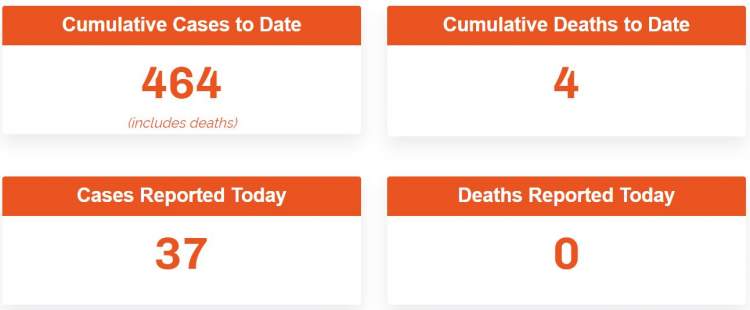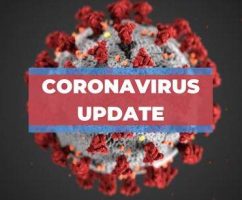
The O.C. Health Care Agency is now reporting a total of 464 COVID-19 cases in Orange County and four deaths. The good news is that the City of Santa Ana remains at only 22 cases – however we have no idea how many other cases might be lurking. The medical community believes the pandemic will peak by Easter.
The O.C. Health Care Agency also reported 37 new cases of COVID-19 on March 30. Here is how of our other large cities are doing:
- Irvine reports 43 cases
- Anaheim reports 42 cases
- Newport Beach reports 41 cases
- Huntington Beach reports 33 cases\
- Laguna Beach reports 22 cases
- Buena Park reports 15 cases
- Costa Mesa reports 11 cases
- Garden Grove reports 8 cases
As of March 29, 2020, 2 p.m., there are a total of 5,763 positive cases and 135 deaths in California, according to the State Health Department. They have not updated those figures as of today.
If you have family or friends in Riverside County their Health Department is currently reporting 291 cases of COVID-19 and 9 deaths.
If you have family or friends in San Bernardino County their Health Department is reporting 125 cases and 4 deaths.
Nationally the CDC is reporting total cases: 163,539 and total deaths: 2,860.
How can people protect themselves?
There is currently no vaccine to prevent COVID-19. The best way to prevent illness is to avoid being exposed to this virus. The virus is thought to spread mainly from person-to-person between people who are in close contact with one another (within about 6 feet). This occurs through respiratory droplets produced when an infected person coughs or sneezes. These droplets can land in the mouths or noses of people who are nearby or possibly be inhaled into the lungs. Older adults and people who have severe underlying chronic medical conditions like heart or lung disease or diabetes seem to be at higher risk for developing more serious complications from COVID-19 illness. Every person has a role to play. So much of protecting yourself and your family comes down to common sense:
- Washing hands with soap and water.
- Clean and disinfect frequently touched surfaces daily. If surfaces are dirty, clean them using detergent or soap and water prior to disinfection.
- Avoiding touching eyes, nose or mouth with unwashed hands.
- Cover your cough or sneeze with a tissue or your elbow.
- Avoiding close contact with people who are sick.
- Staying away from work, school or other people if you become sick with respiratory symptoms like fever and cough.
- If you smoke or vape, consider quitting. Smokers who already have lung disease or reduced lung capacity could be at increased risk of serious illness.
- Following guidance from public health officials.
Please consult with your health care provider about additional steps you may be able to take to protect yourself.



